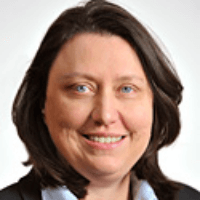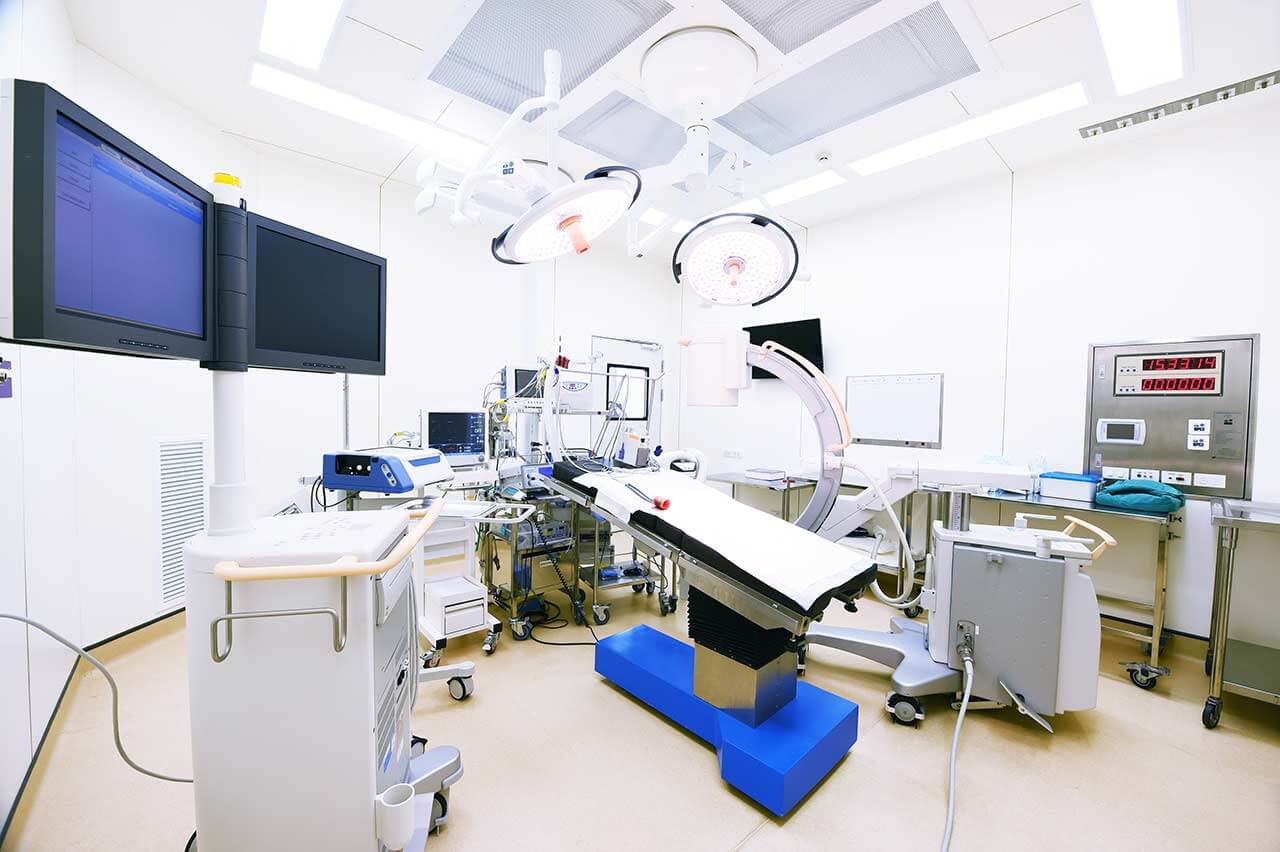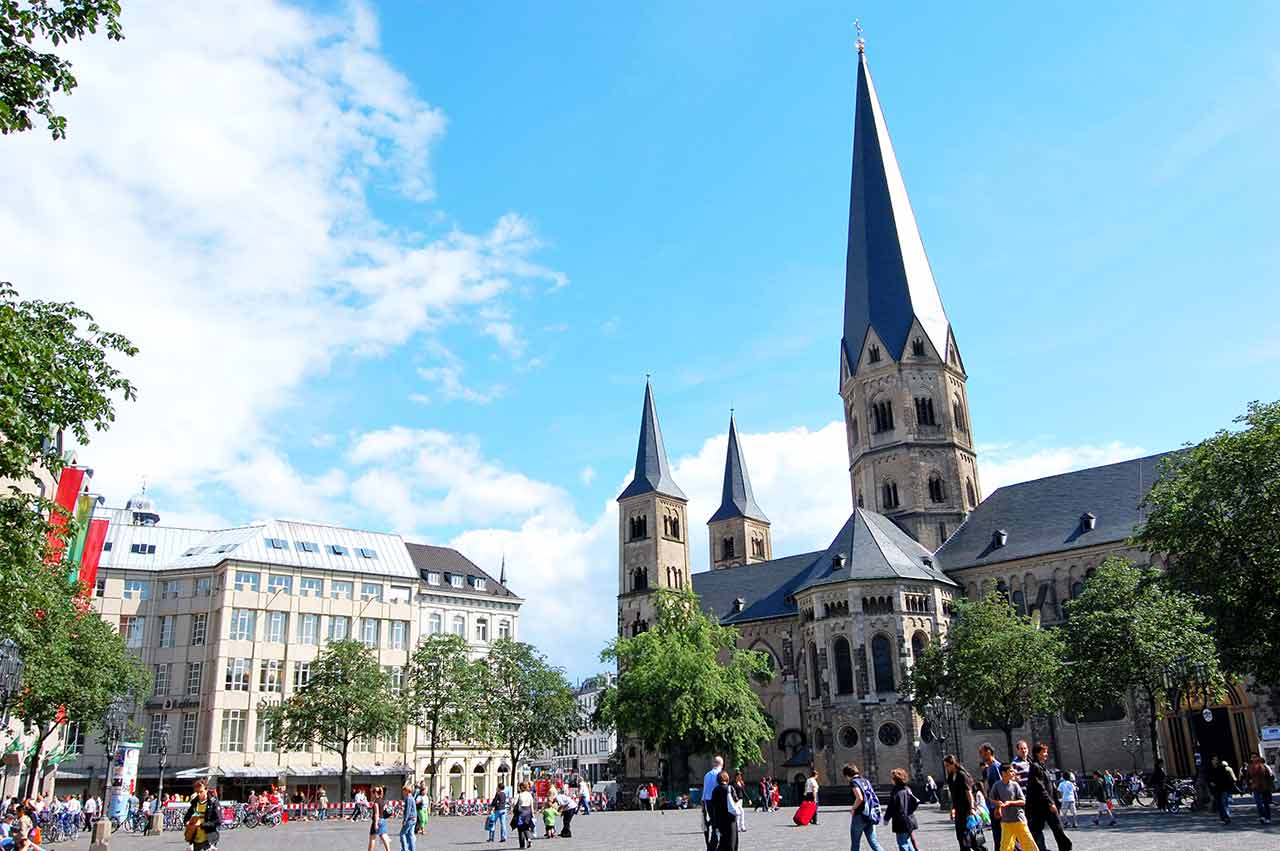
The program includes:
- Initial presentation in the clinic
- case history collection
- general clinical examination
- laboratory tests:
- complete blood count
- general urine analysis
- biochemical analysis of blood
- TSH-basal
- tumor markers
- indicators of inflammation
- indicators of blood coagulation
- abdominal ultrasound scan
- CT / MRI of chest and abdomen
- 1 course of chemotherapy
- consultations of related specialists
- symptomatic and specific treatment
- the cost of essential medicines and materials
- nursing services
- control examinations
- full hospital accommodation
- developing further treatment plan
How program is carried out
During the first visit, the doctor will conduct a clinical examination and go through the results of previous laboratory tests and instrumental examinations. After that, you will undergo an additional examination, including laboratory assessment of liver and kidney function, ultrasound scan. Based on the received results, the doctor will elaborate the chemotherapy regimen. If necessary, related medical specialists will be involved in the elaboration of a treatment regimen (tumor board).
Chemotherapy is carried out as the inpatient procedure, with mandatory admission to the hospital. After the placement of a venous catheter, you will stay in a comfortable ward. An infusion system will be connected to the catheter, through which the required drug or a drug combination will be administered. All drugs are administered by intravenous drip, slowly, so the total duration of the infusion can be up to several hours. All this time, doctors and nurses will monitor your health condition closely.
After the course of chemotherapy, you will stay under medical supervision in the ward for a few more hours. After the completion of the chemotherapy course and control examinations you will receive the medical report with detailed recommendations regarding further treatment. In the future, you will be able to have a distant consultation with your attending physician and schedule the next course of chemotherapy, if necessary.
Required documents
- Medical records
- MRI/CT scan (not older than 3 months)
- Biopsy results (if available)
Service
You may also book:
 BookingHealth Price from:
BookingHealth Price from:
About the department
The Department of Pediatric Hematology and Oncology at the University Hospital Bonn offers the full range of modern therapies for young children, children of school age and adolescents with leukemia, malignant tumors and other diseases of the hematopoietic, immune system. The department carries out active research activities aimed at the development of new types of cellular therapy and immunotherapy for the treatment of patients with recurrent and resistant diseases. Together with the Institute of Experimental Hematology and Transfusion Medicine, the medical care is provided for children with blood-clotting disorders. The department is proud of the highest level of medical care, marked by the prestigious Ausgezeichnet FÜR KINDER certificate and certification of the German Cancer Society. The Chief Physician of the department is Prof. Dr. med. Dagmar Dilloo.
The treatment of children is provided in accordance with the standardized German and international protocols. The department’s successful clinical practice is based on an interdisciplinary, integrated approach, including the follow-up care for young patients in order to avoid relapse. Also, the advantages of the department include the state-of-art diagnostic equipment, which allows to carry out the high-precision examinations with minimal risks to the health of the child. The medical staff of the department pays special attention to the preparation of young patients for examination and procedures, explanation of all upcoming manipulations and elimination of psychological stress. The department's specialists believe that complete mutual understanding and sincerity in relations with children, the absence of a psycho-emotional barrier help to optimize the treatment process.
The department offers the advanced methods of cancer treatment and diagnostics, which significantly improve the quality and increase the life expectancy of young patients, allow the child to return to the normal way of life for his age and achieve a longer remission period. In addition, thanks to the use of innovative therapies, the children with pathologies, which have recently been considered incurable, can achieve a complete recovery. The treatment process mostly involves the use of chemotherapy with modern highly effective drugs, radiation therapy, immunotherapy, cell therapy, blood stem cell transplantation, etc. Each patient receives an individually developed treatment plan completed after a thorough examination. It can include one type of therapy or a combination of several methods.
The department is a member of the Society for Pediatric Oncology and Hematology (GPOH) and the International Society of Pediatric Oncology (SIOP), and therefore has the opportunity to take an active part in collaborative researches aimed at improving the treatment of children with cancer, and then implement their results in everyday clinical practice. Particular attention is paid to the research of brain tumor treatment. Another priority is the treatment of children with recurrent and resistant diseases.
The service range of the department includes:
- Diagnostics and treatment of solid tumors
- Diagnostics and treatment of brain tumors
- Diagnostics and treatment of tumors of the internal organs
- Diagnostics and treatment of soft tissue tumors
- Diagnostics and treatment of all types of childhood leukemia
- Diagnostics and treatment of acute and chronic blood diseases
- Diagnostics and treatment of diseases of the bone marrow and immunodeficiency conditions
- Blood stem cell transplantation and immune therapy
- Special palliative care for children
- Psychosocial support
Photo of the doctor: (c) Universitätsklinikum Bonn
About hospital
According to the authoritative Focus magazine, the University Hospital Bonn ranks among the top ten medical facilities in Germany!
The hospital was opened on January 1, 2001, although in fact it inherits the medical facility, which operated at the Faculty of Medicine of the University of Bonn. The hospital in Germany combines all the highest standards of modern university medicine of the international level. A highly competent team of experienced physicians, which consists of more than 8,000 employees from various fields, takes care of the patients’ health.
The hospital has 32 specialized departments and 23 institutes, which implement the highest standards of treatment in Germany. On their basis, in addition to the successful clinical activities, the productive research and training of young specialists are carried out. Also, the hospital has 10 intensive care units and more than 30 cutting-edge operating rooms. They are equipped with the advanced surgical, navigation and monitoring systems, which provide sparing and the most effective surgical treatment. The total number of places for hospitalization is 1,250 beds.
The hospital presents all fields of medicine, while many of them are awarded by prestigious German and international certificates. For example, in 2007, the Comprehensive Cancer Center of the hospital became one of the four winners at the nationwide competition among Cancer Centers of Excellence. The research focuses primarily on the clinical genetics and genetic epidemiology, neurology, immunology and infectiology, hepatology and gastroenterology, and diseases of the cardiovascular system. The research findings contribute to the development of new therapeutic methods and overall improvement of treatment in Germany.
The main value for all employees of the hospital in Germany is human health, his individual needs and wishes, therefore, despite the high-tech infrastructure, the focus remains on the human attitude and respect for each patient.
Photo: (с) depositphotos
Accommodation in hospital
Patients rooms
The patients of the University Hospital Bonn live in cozy single, double and triple rooms, designed in bright colors. The standard room furnishing includes a comfortable bed with a remote control, a bedside table, a wardrobe, a table and chairs, as well as a TV and a telephone. Each patient room is equipped with an ensuite bathroom with toilet and shower. The hospital also provides enhanced-comfort rooms.
Meals and Menus
The patients of the hospital are offered tasty and balanced three meals a day: breakfast, lunch and dinner. Every day each meal features three different menus, including a vegetarian one. If you for some reason do not eat all the food, you will be offered an individual menu. Please inform the medical staff about your dietary preferences prior to the treatment.
Further details
Standard rooms include:
Religion
Christian priests are available for the patients at any time. Representatives of other religions may be requested at any time.
Accompanying person
Your companion may stay with you in your room or at a hotel of your choice during the fixed program.
Hotel
You may stay at the hotel during the outpatient program. Our employees will support you for selecting the best option.
The hospital offers a full range of laboratory tests (general, hormonal, tests for infections, antibodies, tumor markers, etc.), genetic tests, various modifications of ultrasound scans, CT scans, MRI and PET / CT, angiography, myelography, biopsy and other examinations. Treatment with medications, endoscopic and robotic operations, stereotaxic interventions is carried out here, modern types of radiation therapy are also used. The hospital offers patients all the necessary therapeutic techniques.
- Surgical treatment of the brain tumors, tumors of spinal cord and spine
- Replacement of all joints, resection arthroplasty
- Deep brain stimulation and vagus nerve stimulation in patients with epilepsy
- Multimodal complex treatment of Parkinson disease
- Thoracic endovascular aortic repair (TEVAR)
These are benign and malignant breast pathologies, malignant tumors of various localizations, neuromuscular diseases, stroke, retinal pathologies and various visual impairments, infertility, autoimmune diseases, epilepsy, coronary artery disease and myocardial infarction, leukemia and other pathologies.
- Ophthalmology
- Epileptology
- Reproductive medicine
- Hematology and oncology
- Neurosurgery
Over 8,000 highly qualified doctors and other employees work at the hospital.





